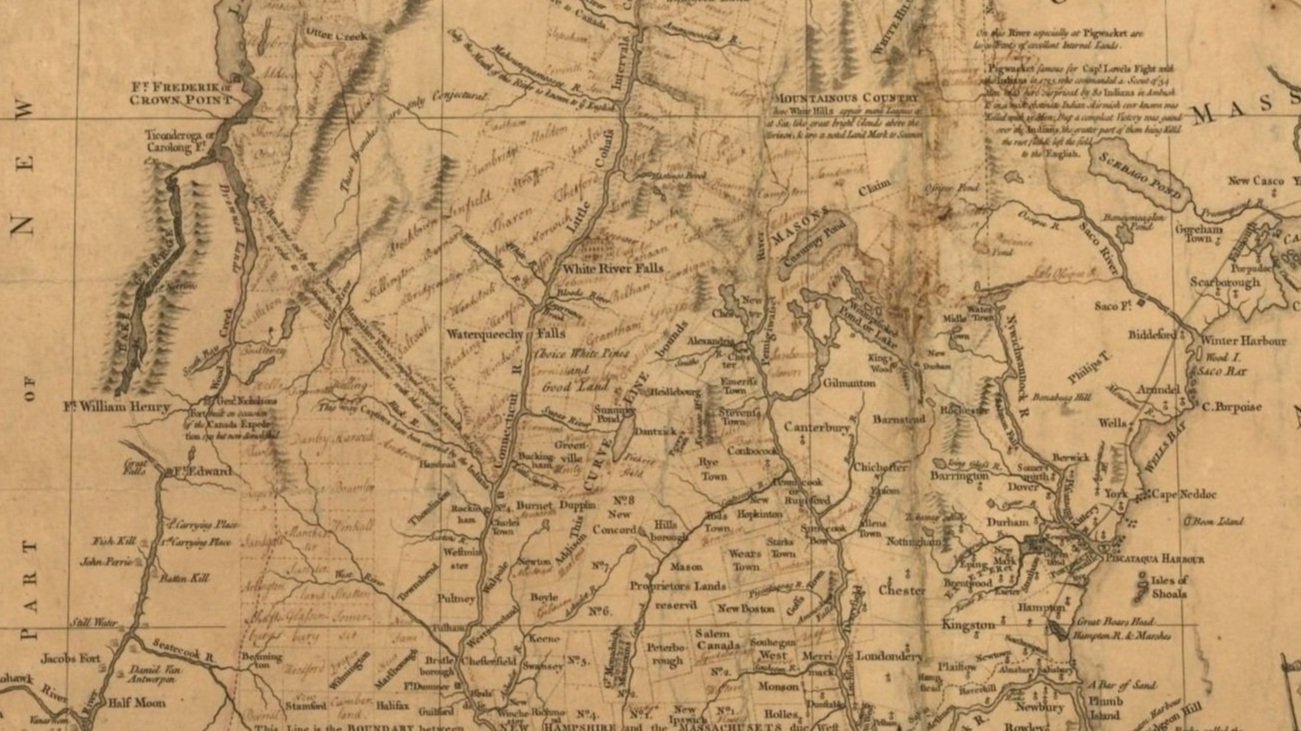
Class VI Roads
What is a Class VI road?
So-called “Class VI” roads (technically, “highways”) are public roads a municipality does not have the obligation to maintain. Being public means the entire traveling public have the right to use the road.
The term “Class VI” comes from RSA 229:5, VII, which defines Class VI roads as “…all other existing public ways, and shall include all highways discontinued as open highways and made subject to gates and bars, except [new boating access highways], and all highways which have not been maintained and repaired by the town in suitable condition for travel thereon for 5 successive years or more except as restricted by RSA 231:3, II.” The public may use a Class VI highway for all “viatic” purposes, meaning all purposes relating to travel, including the use by automobiles and parking, and subject to permissible municipal regulation.
Gates and bars
All class VI highways are deemed subject to gates and bars.
Who owns the land “underneath” a Class VI road?
In the vast majority of cases, particularly with older roads, the rights of the public are similar to an easement, meaning neither the general public nor the municipality owns the land “underneath” the road. The public only has a right to use the land for travel. This means someone else owns the land.
There is a presumption in the law that abutters to a public road own to the middle of a road. This presumption evolved over time due to the often-difficult task of determining actual ownership, particularly in older roads. But the presumption can be rebutted. A fair amount of research usually is required.
For more information on who owns the land “underneath” a Class VI road, click here.
What rights do abutters have in Class VI roads?
Assuming an abutter owns at least to the middle of a Class VI road, an abutter generally may do most things that do not interfere with the public’s use and enjoyment of the road. Abutters would be best advised to avoid shoulders, ditches, embankments and improved surfaces. Should a dispute arise, courts likely would give municipalities and the travelling public the benefit of the doubt.
Building permits
Abutters also should be aware of RSA 674:41, which restricts the ability to obtain building permits on Class VI roads.
Obligations and powers of municipalities
Municipalities are not obligated to maintain Class VI roads, and usually go to great lengths to avoid that obligation. Municipalities do, however, have certain powers to regulate Class VI roads. Municipalities have the power to do the following:
To regulate the use of Class VI roads. This regulation, however, cannot be so restrictive as to deny the public the right to use a road or deprive abutters of their property rights (see above).
“To regulate all streets and public ways, wharves, docks, and squares, and the use thereof, and the placing or leaving therein any carriages, sleds, boxes, lumber, wood, or any articles or materials, and the deposit of any waste or other thing whatever; the removal of any manure or other material therefrom; the erection of posts, signs, steps, public telephones, telephone booths, and other appurtenances thereto, or awnings; the digging up the ground by traffic thereon or in any other manner, or any other act by which the public travel may be incommoded or the city subjected to expense thereby; the securing by railings or otherwise any well, cellar, or other dangerous place in or near the line of any street; to prohibit the rolling of hoops, playing at ball or flying of kites, or any other amusement or practice having a tendency to annoy persons passing in the streets and sidewalks, or to frighten teams of horses within the same; and to compel persons to keep the snow, ice, and dirt from the sidewalks in front of the premises owned or occupied by them.” RSA 47:17, VII.
“To make special regulations as to the use of vehicles upon particular highways, except as to speed, and to exclude such vehicles altogether from certain ways. RSA 47:17, VIII(a). (The regulation of traffic signals is limited to the type, size, installation, and method of operation. RSA 47:17(VIII(b).)
“[T]o adopt such bylaws and ordinances as are necessary to control the parking, standing and stopping of automobiles within the city limits, including ordinances allowing for the towing or immobilization of automobiles for nonpayment of parking fines and creating parking fines recoverable by means of civil process.” RSA 47:17, XVIII.
To establish weight limits.
To prevent certain maintenance work without the approval of the town.
Most of these regulatory powers are rarely invoked with Class VI highways, probably due to municipalities’ fear of being held responsible for full maintenance of the road in question. (Sometimes a road can be converted from Class VI to Class V (town-maintained) by the municipality asserting control over the road, even without a formal vote to make the road Class V.)
Maintenance obligations of the owner
Abutting landowners do not have a statutory obligation to maintain a Class VI road. That said, a landowner likely has a duty to take some sort of action upon becoming aware of a dangerous situation.
Other actions municipalities may take with respect to Class VI roads
Municipalities may alter the use of Class VI roads in a number of ways, including the following:
Designation as a municipal trail
Emergency lane designation
Off Highway Recreation Vehicles
Scenic roads
Snowmobiles
ROAD LAW GUIDE
Auxiliary Service Roads
Bridges
Class VI Roads
Conveyance
Dedication and Acceptance
Definitions
Discontinuance
Discontinued State Highways
Emergency Lane Designation
Failure to Maintain a Class V Road for Five Successive Years
Gates and Bars
Highways to Summer Cottages
How Public Roads are Created
Layout
Legislative Body vs. Governing Body
Municipal Trail Designation
Off Highway Recreation Vehicles
Prescription
Private Roads
RSA 674:41 (Building Permits)
Scenic Roads
Snowmobiles
Types of Roads and Other Designations
Who Owns the Road?
Alfano Law Office Database of Municipal Road Records

